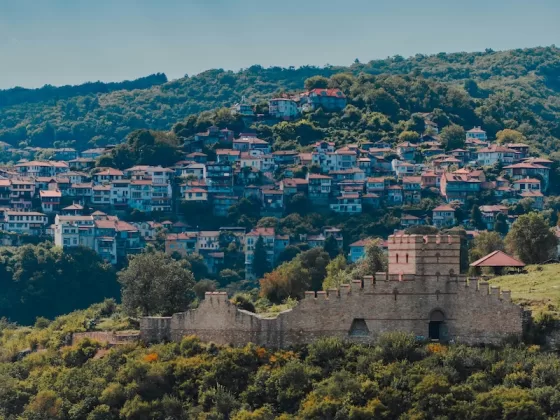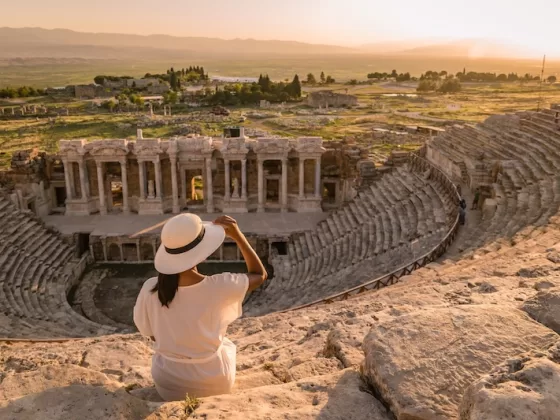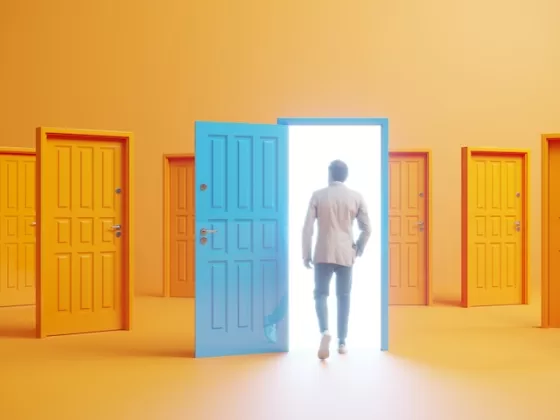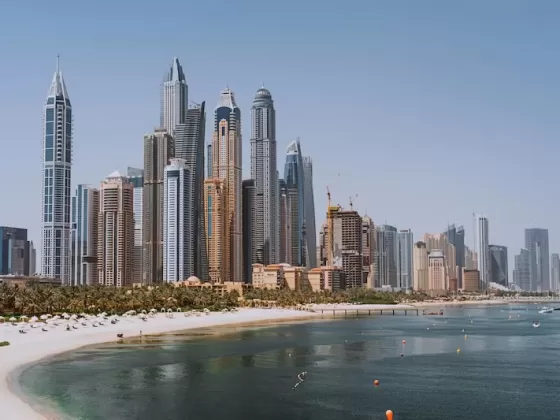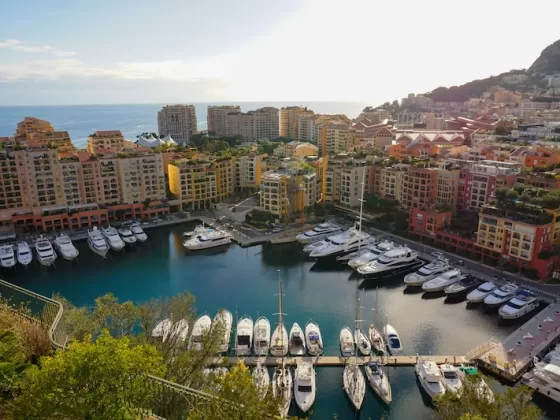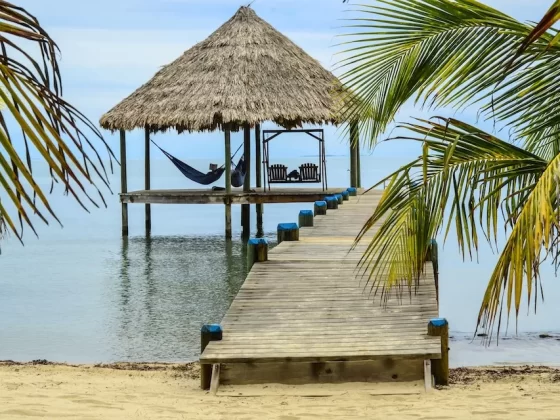In a recent article by World Economic Forum[1], with the anticipated advancements in autonomous technology and artificial intelligence by the year 2020, the three most important career skills required from us humans will be Complex Problem Solving, Critical Thinking, and Creativity. Even though it is relatively difficult to establish a straightforward and practical path to improve these intangible qualitative skills (which are highly dependent on an individual’s work industry, likes, choices, and social surroundings), one of the central thoughts that comes to mind while talking about improving these skills is openness and exposure to various new ideas. These ideas can later be combined to create a simple “solution to a complex problem,” an ability to think critically and weigh arguments from different angles, and to combine two or more ideas to come up with creative new solutions.
Many of us these days are working in mundane corporate jobs, where the majority of people we are surrounded by have a very similar educational, cultural, and socio-economic background. Most of us follow the exact same routine everyday, between waking up from our bed in the morning to going back to bed at night. A static mind that has fallen into routine will find it tricky to overcome new challenges, handle stressful situations, and envision new goals. A conventional office cubicle setting not only restricts our physical reality, but also makes innate nature of the wandering mind to feel guilty for its habit of getting distracted. Taking some time off and travelling long-term is not the exclusive, but surely the easiest and most enjoyable way to develop these skills.
Some of the biggest ideas in the history of humankind, such as languages, medical practices, art, and architecture, etc. that have shaped the way in which we think and act today, have spread through travel and exchanges between civilizations. In my personal travel experiences, it has often amazed me how similar problems can be looked at from an entirely new viewpoint just by contemplating the way they are handled in different parts of the world. A trip away from home and in an unfamiliar place makes us more aware and observant in the moment. For example, the simple issue of people travelling without valid tickets on metro trains: the ticket barriers at the entrance of most stations of the London Underground open every time a person swipes a card. In Moscow, the barriers operate with the same mechanism, but instead of opening every time someone swipes a card, they are always open but shut if someone walks in without swiping the card. As a majority of people in both cities buy tickets before entering, the gates rarely operate in Moscow as compared to London where they swing every few seconds. Surely the Moscow metro gates are much more convenient and energy efficient, but even if they are not, they certainly are a perfect example to show how travelling to both cities helps one think more critically and from different angles to solve a similar problem.
Thousands of new age books and articles have emphasized on the fact that we should not look at travel as just an activity to relax or take a break from a monotonous lifestyle. It is a therapy to fuel our inner creative forces and often waters and nourishes our generalist nature to combine ideas from diverse fields. Several interesting questions keep popping up in head, like when I was sipping coffee at the history museum in Athens where the entire exhibition is organized based on chronology, but the restaurant in the basement of the museum still followed the conventional cuisine system. I was wondering why is it not following the chronological theme of the museum and, furthermore, if it did, what kind of food would they serve from the Middle Ages? Visiting the Palace of Freedom in St. Petersburg, where the cafe charges the customers for the time spent inside, rather than for what they order, made me think about if I was to manage such a place – how would I ensure more customer engagement and make them forgot about time? These scenarios are not necessarily related to the industry of our work, but they definitely give a whole new perspective from which to look at things. They remind us to not just accept everything as it is without giving it a critical thought. Removing the window curtains to use as a blanket and taking a bath with a packaged water bottle in a tiny toilet of a moving Indian Railways train are not my everyday habits, but when placed in such situations during travels, these circumstances improve my ability to manage resources more efficiently and creatively.
No matter how good your travel guide is, some things you just can’t plan for. Whether it’s encountering new local customs, getting off at the wrong station where nobody understands your language, or having your hotel reservation cancelled at the last minute, you need to be able to adapt and recover quickly after every curveball the world serves you. The cognitive functions developed by these experiences differentiate our way of thinking from conventional computer algorithms. Therefore, in a few years, machines will take over most of the commonplace jobs and everyday decisions, becoming majorly data driven. Do not miss any chance that you get today to shut your laptop down and pick your backpack up to keep you professionally skilled and creatively prepared for the future.
[1] World Economic Forum. The 10 skills you need to thrive in the Fourth Industrial Revolution [Internet]. [cited 2016 Jun 04]. Available from: https://www.weforum.org/agenda/2016/01/the-10-skills-you-need-to-thrive-in-the-fourth-industrial-revolution/
